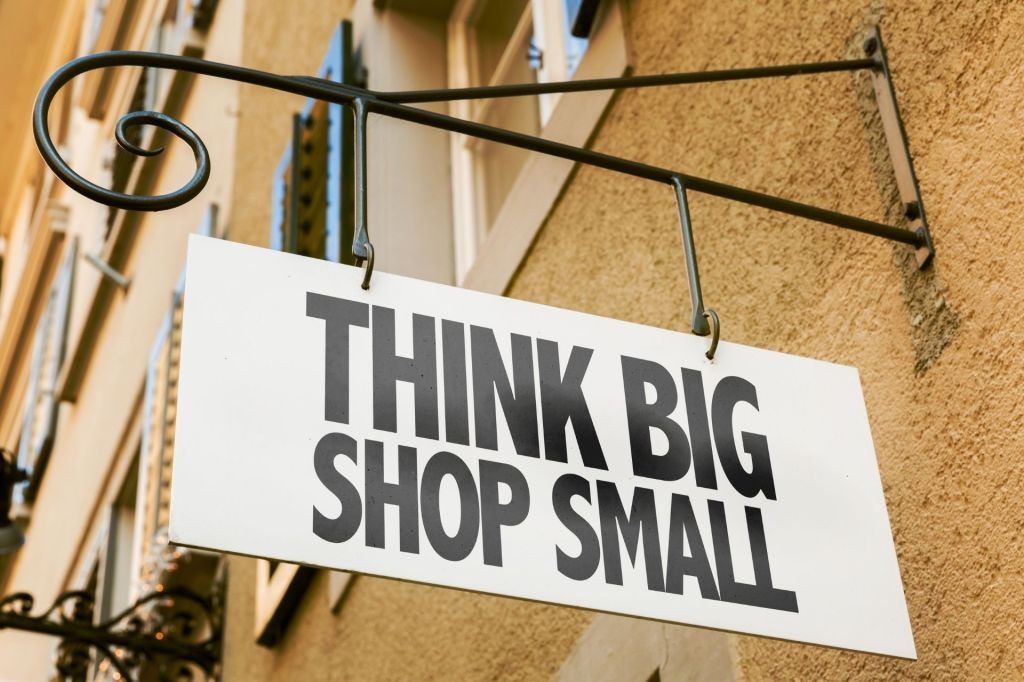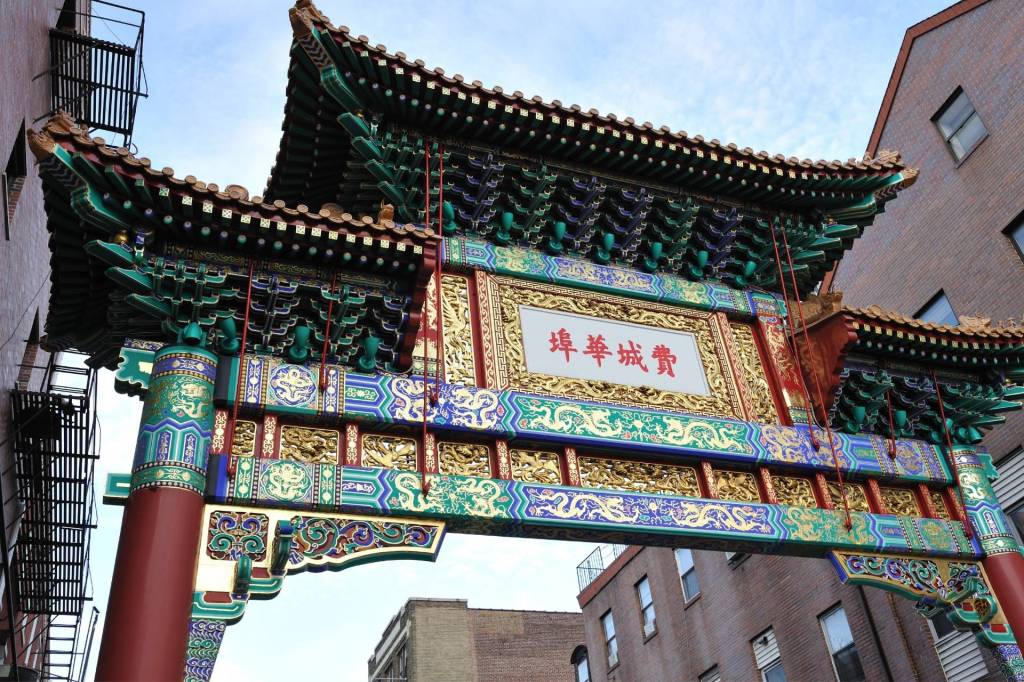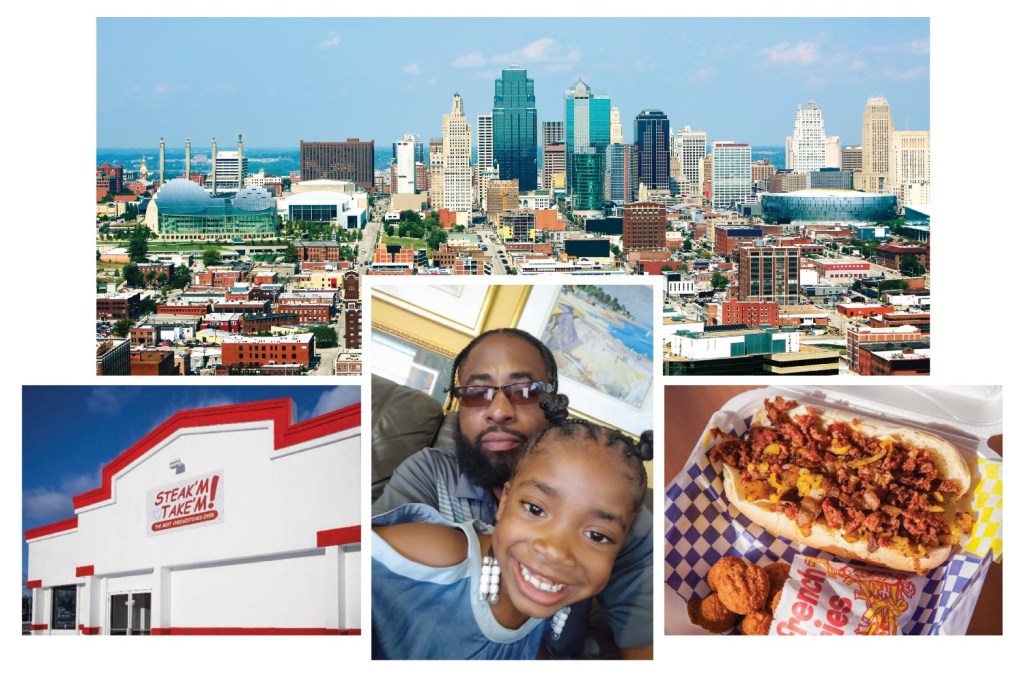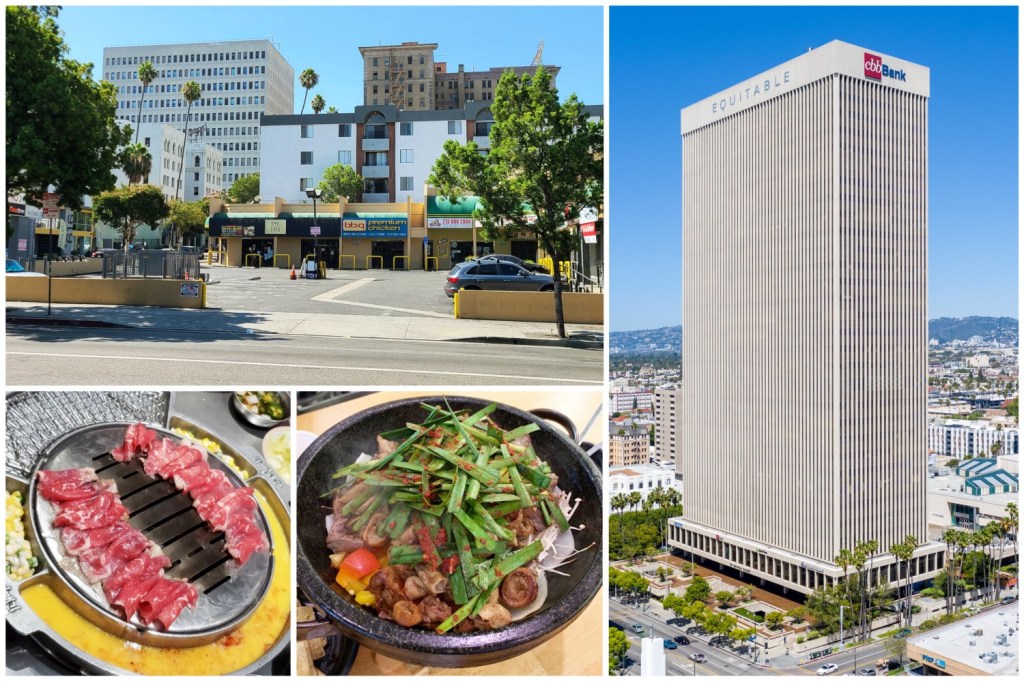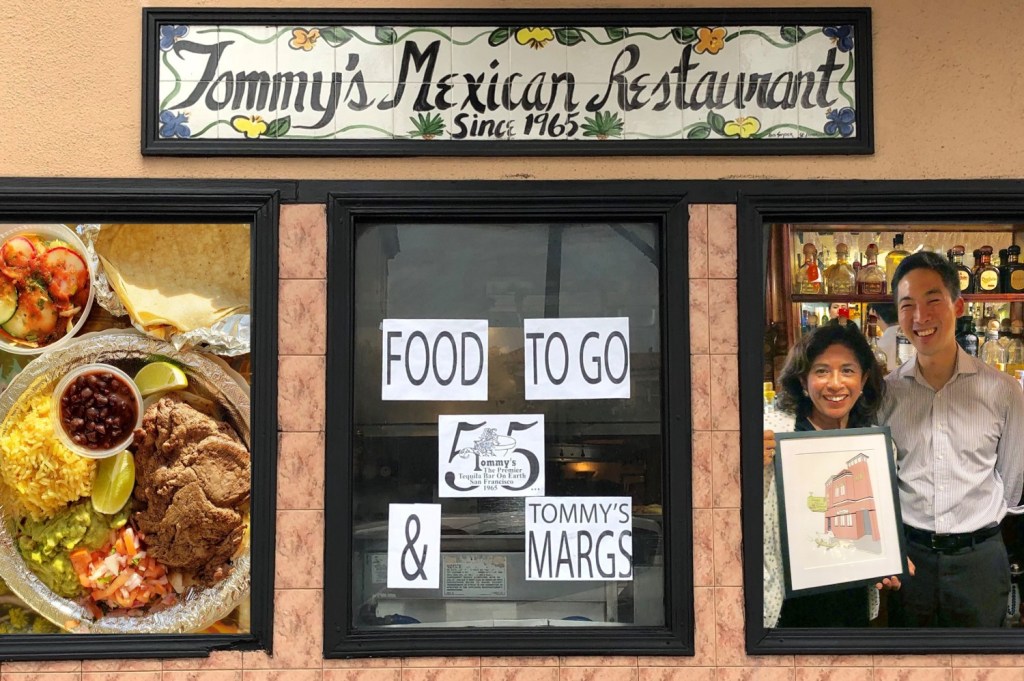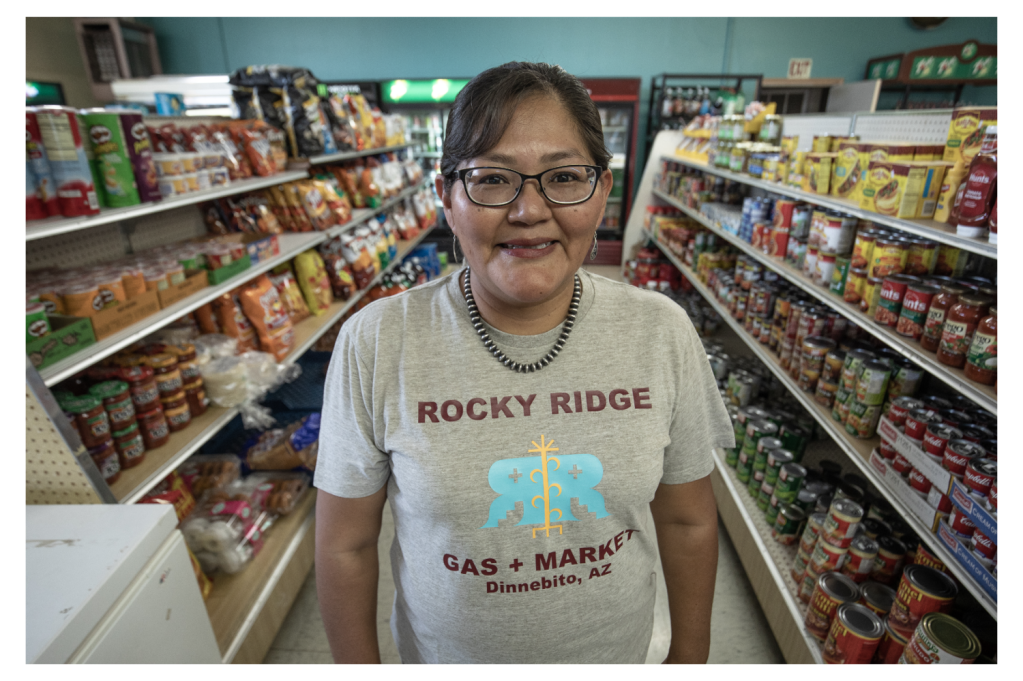Last updated December 21, 2020
Whether they’re serving margaritas to go, providing accounting services on an IOU, or trying to maintain stock at a small market deep in the desert, small businesses are finding creative ways to stay open amid the COVID-19 pandemic.
These are businesses that make up the DNA of our neighborhoods. They’re built on dreams, sweat equity, and, frequently, personal sources of capital. Funding might include savings, credit cards, a home equity line of credit, business loans, and support from family and friends. But what happens when a small business falls under the radar of the nation’s largest lenders during a pandemic? Many have turned to community development financial institutions (CDFIs) and minority depository institutions (MDIs) for relief loans through the Paycheck Protection Program (PPP) to stay open.
CDFIs and MDIs, which account for less than 2 percent of all lending in the U.S., nevertheless play a critical role in the economy: These lenders serve the smallest of small businesses and are a lifeline to many people in underserved communities.
When COVID-19 reached the United States earlier this year, businesses shuttered and nonessential workers began performing their jobs remotely to slow its spread. Many small businesses scrambled to figure out new ways to operate — and get emergency funds.
The forced closings and economic slowdown have hit Black-owned small businesses especially hard, with some 40 percent nationwide closing permanently since April. (This brief looks at some of the reasons why.) While many businesses have been unable to secure the means or are unwilling to risk the uncertainty to continue operating, others have been able to persevere.
We’ve put together a number of inspiring stories exploring the experiences of minority small-business owners and the community lenders that helped them secure PPP funds through the U.S. Small Business Administration’s emergency-relief loan program.
For most of the firms featured in our stories, getting a PPP loan wasn’t easy. The route to repayment may harbor unanswered questions. For both lenders and small-business owners, the pandemic spells economic uncertainty for months or years to come. But these minority small businesses and lenders, operating largely in low-income communities and communities of color, secured critical funds to keep workers paid, cheesesteaks grilled, and families supported.
Here are the stories in the series:
The Federal Reserve is working to support small lenders and small businesses during the COVID-19 pandemic. For more about the Fed’s work on small businesses, including access to credit, see Fed Small Business and the Federal Reserve COVID-19 CDFI Survey.






